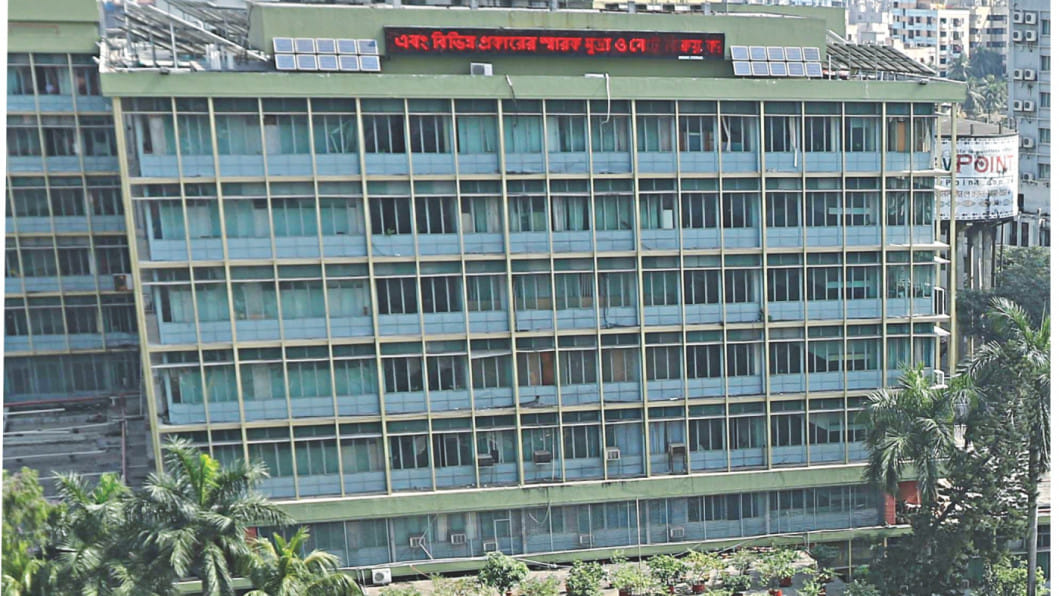Little to achieve if Bangladesh Bank isn’t sincere

The Bangladesh Bank (BB) or the Ministry of Finance is capable of carrying out the commitments to reforms, but that is not the problem. The main impediment to reforms is a lack of sincerity and goodwill.
For the last couple of months, we noticed a dichotomy between actions and words coming from the central bank. What the governor said in the last monetary policy has not been carried out by the BB since there was a lack of integrity in what the governor pronounced.
The International Monetary Fund (IMF) will require a certain amount of foreign currency reserves to ensure the next installments in the future. All targets are set by programmes.
Both remittances and exports must go up to make it happen. Simply squeezing imports will be detrimental to GDP growth in the future, and some signs are already looming on the horizon.
The dollar's value must be delivered to the hands of the market to make it happen, particularly for attracting more remittances through formal channels.
The monetary policy is committed to maintaining a market-based rate. If so, we don't need the Bangladesh Foreign Exchange Dealer's Association (BAFEDA) or the Association of Bakers, Bangladesh (ABB) to intervene in fixing the value based on no-research approaches. Their rate fixing is entirely guess-based.
The governor is committed to lifting the cap on interest rates, but he introduced something weird, named SMART, where the control lies in the hands of the Treasury Bills. A central bank needn't do that.
Hence, my main point is that if the BB isn't sincere in its commitment, we can expect little outcome. And filling out the desired amount of reserves by June is most likely to remain unearned.
The author is a professor of economics at the State University of New York at Cortland.

 For all latest news, follow The Daily Star's Google News channel.
For all latest news, follow The Daily Star's Google News channel. 



Comments